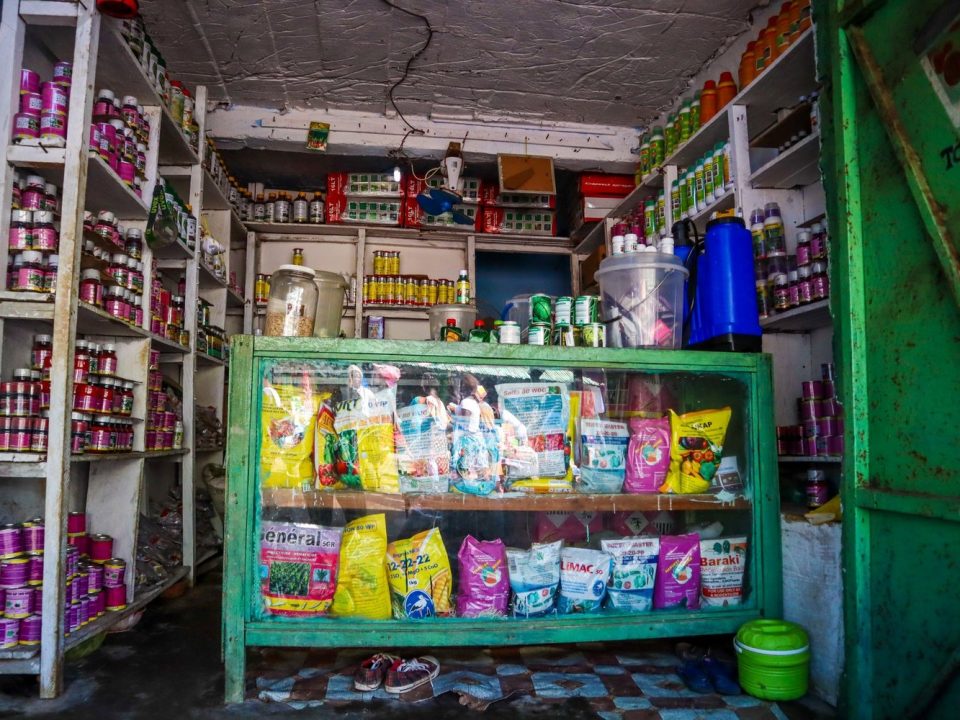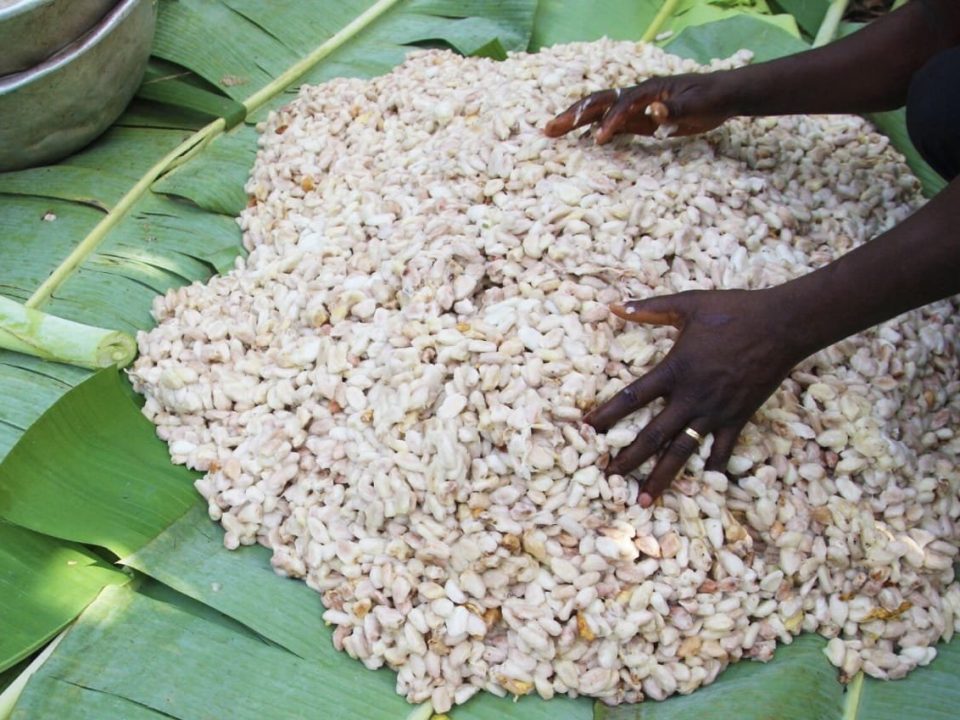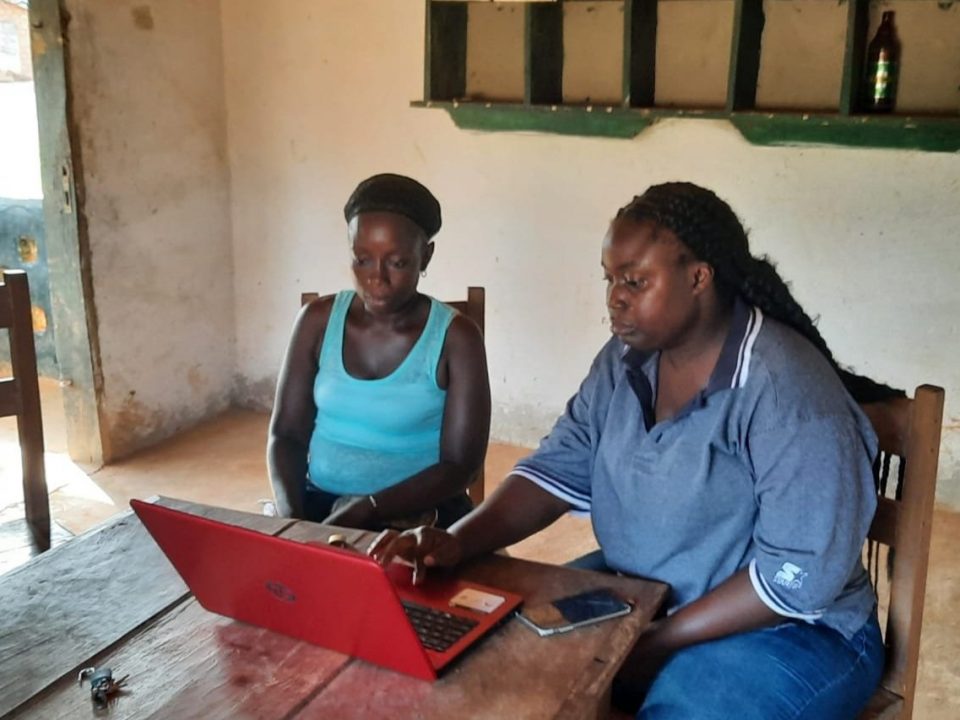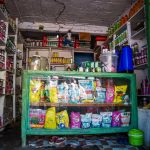
Agricultural Inputs in Liberia: An Inclusive Business Model to Close the Gender Gap
December 26, 2023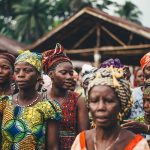
Importance of Targeting Female Farmers
December 26, 2023
In an interview with Sabine Garbarino, Gender, Diversity & Inclusion Advisor with GROW Liberia, we uncover her experience working on issues of inclusion on the program.
How has the work at GROW Liberia evolved from the beginning to now?
To kick-start implementation of GROW’s Gender & Inclusion Strategy, we undertook a small piece of research to understand the needs of female farmers with respect to access to agricultural inputs. We spoke to women’s groups, cooperatives, and female as well as male farmers to understand where they bought inputs, how they accessed information, how much they knew about fertiliser use and what they expected from a good agro-dealer. This slowly evolved into a multi-annual intervention to collaborate with agro-input dealers to better serve female farmers. We made adjustments along the way and, at the end, had a convincing business case that closing the gender gap in agricultural inputs is not only the right thing to do but makes business sense – resulting in stronger agro-dealer sales. Research and interventions in other sectors like cocoa and rubber followed from there.
How would you describe your role?
I see my role as Gender Advisor very much as a facilitator. Someone who asks questions and encourages everyone in the team to test long-held assumptions. “Are some sectors really male-dominated? Or are women working in less visible roles?” Or brings in examples and evidence from elsewhere.
GROW did its best work when we closely worked together across teams. Mardoe and I as gender advisors asked the questions, encouraged consultations with women’s groups or female farmers and instilled ideas about how to adjust interventions. The sector teams made sure our plans were realistic and used their relationships with partners to make it happen. And the monitoring and results measurement team made sure we had the right data to guide us.
What is something that you are really proud of?
It may sound odd but I’m proud that GROW slowly got me out of work. Colleagues became more and more confident to take gender-responsive programming in their own hands without asking the so-called “expert”. And that was great news. Good mainstreaming of gender and inclusion only happens when everyone in the team feels responsible for it. In this way, gender and inclusion becomes part and parcel of what a programme like GROW does.
Any lessons that you’ll take ahead or think other programs should take ahead?
For GROW as a programme, data and evidence was immensely important. Data was the engine that drove the programme’s gender and inclusion journey. Data helped us to make experiences of female farmers visible. Experiences that otherwise remain hidden and ignored. Data helped us question our assumptions of what roles women played and in which activities along agricultural value chains women could be found. And the data was crucial to engage with our partners. We could show them how much inputs they sold to female farmers (more than most thought!) and that female village coordinators are as effective as their male counterparts. Data on its own is not enough to eliminate bias and prejudice but it’s a good starting point to have conversations with partners on why gender equality is everyone’s business.
About GROW Liberia
GROW is an agribusiness and investment advisory agency that partners with businesses, investors, associations and government agencies to accelerate inclusive economic returns within high-growth industries in Liberia.


